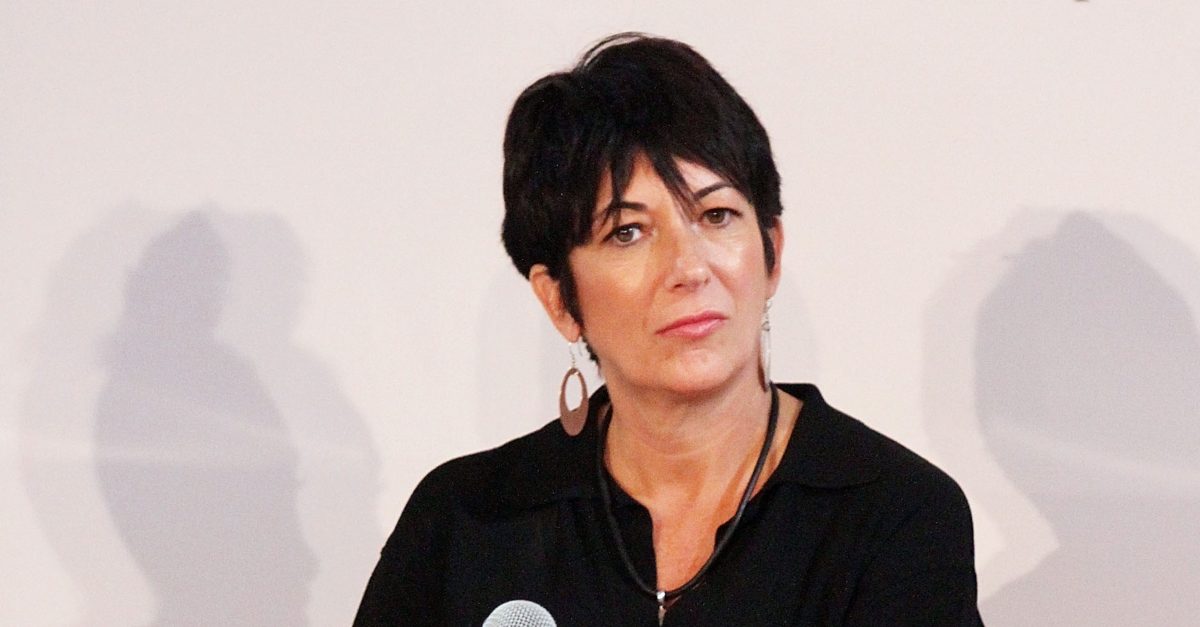
Update, Nov. 19: The judge granted the extension.
—
Attorneys for former Jeffrey Epstein partner, friend, and alleged madam Ghislaine Maxwell on Monday asked a federal judge in Manhattan to grant them a one-month extension as they prepare to argue that the court should not unseal the identities of non-party persons whose names appear in documents ordered released by the court.
U.S. District Judge Loretta A. Preska in August ordered the release of more than 2,000 previously sealed documents from alleged Epstein victim Virginia Roberts Giuffre’s now-settled 2015 defamation lawsuit against Maxwell. Attorneys for Giuffre have fought to have the court unseal significantly more pages, while Maxwell’s lawyers have tried to stymie the release of new information, arguing that documents do not fall under the definition of “judicial documents,” and therefore are not subject to the presumption of access by the public.
Judge Preska last month ordered the attorneys for both sides to submit letters to the court on Nov. 19 stating what material in the document trove should not be unsealed and to provide a reason why the information should remain confidential. Maxwell’s attorneys filed a motion requesting an additional 30 days to review the material and submit their arguments, asserting that “hundreds” of currently redacted non-party names may be publicly released.
“Of the already-decided motions, there are 350-375 separate ECF [Electronic Case Files] filings consisting of, on the one hand, motions, responses, replies, surreplies (collectively, ‘briefing papers’), and on the other hand, orders, opinions, declarations, exhibits and other attachments to the briefing papers,” Maxwell’s attorneys wrote. “To identify the names of the dozens if not hundreds of non-parties contained within the redacted and sealed documents as paragraph 2 of this Court’s Order requires a substantial number of hours and cannot be completed by the deadline. The task can only properly accomplished with a thorough line-by-line review of each of the redactions contained within the briefing papers.”
Maxwell’s attorneys noted that the District Court and Appeals Court both want the process completed as quickly as possible, but contended that the request was simply not possible in the allotted time.
“We of course are aware of this Court’s and the Second Circuit’s desire to expedite the remand seal-unseal process,” they wrote. “If the seal-unseal process is to work it must be fair to all the parties so that each of them has sufficient time to make their case for and against sealing, including reviewing the documents, applying the proper legal analysis, and marshaling the facts as needed. Expeditiousness much give way to fairness.”
Maxwell Letter 11-18-19 by Law&Crime on Scribd
Maxwell 10.28 Order by Law&Crime on Scribd
[Photo by Laura Cavanaugh/Getty Images.]